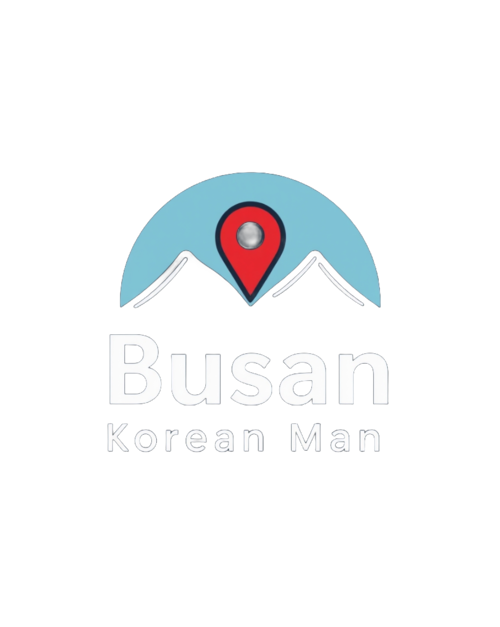Tipping customs vary over the world, and South Korea is no different. Understanding the subtleties of tipping etiquette is vital for travelers navigating Seoul’s crowded streets or enjoying Busan’s peaceful surroundings. In this post, we will look at the intricacies of tipping in South Korea, including whether it is a prevalent practice and how locals interpret it.
1. The Cultural Context:

South Korea has a rich cultural past that emphasizes respect and humility. This cultural basis influences tipping practices in the dining and service industries. Tipping is not deeply ingrained in Korean society, and service personnel take satisfaction in providing outstanding service without expecting extra money.
2. Dining Out:

One of the most common places where travelers wonder about tipping is in restaurants. Most restaurants in South Korea do not require tipping. Instead, the emphasis is on providing exceptional service as part of a whole eating experience. When the bill arrives, there is usually no need to leave a tip because the service charge is frequently included.
However, in premium or Westernized restaurants, a service charge is increasingly being routinely added to the bill. In such instances, further tipping is rarely anticipated, but leaving tiny change or rounding up the bill is appreciated.
3. Taxi Services:

Service charges may be included in the final bill at hotels, particularly those with international standards. Bellhops, housekeepers, and other employees are educated to offer good service without expecting a gratuity. However, giving a tiny gesture of appreciation for excellent service is not discouraged.
5. Tour Guides and Services:

Tipping may be more usual for guided tours or specialised services, particularly if the guide goes above and beyond. In such instances, it is polite to express your gratitude with a small tip, although it is by no means required.
6. Etiquette Tips:
6. decorum Tips: Although tipping is not a traditional practice in South Korea, following local decorum is always appreciated. Instead of tipping, express thanks with a genuine thank you in Korean, such as “Kamsahamnida.” Respect and civility are extremely important in Korean culture.
Conclusion
Tipping is a complex topic in South Korean society. While it is not a conventional gesture, tourists can navigate the environment more easily if they grasp the cultural background and express gratitude in meaningful ways. Whether you’re eating Korean specialties or exploring the bustling streets, embracing local customs improves the whole experience. Finally, in South Korea, the cultural interchange is what makes a lasting memory, not the tip.
